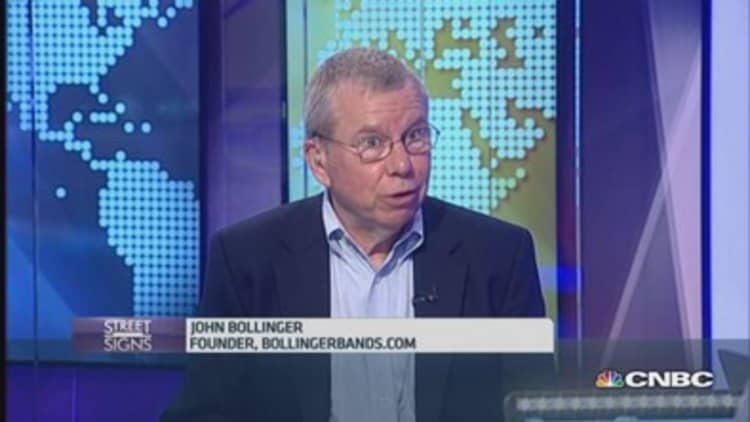
The spotlight in the Asia-Pacific region will be on Japan this week, where the release of key economic indicators will shed some light on the state of the world's third-largest economy. Meanwhile, a report on consumer prices could provide some insight into the future course of Australia's monetary policy, while central banks in Thailand and New Zealand are due to meet this week.
On Friday, Japan will release retail sales, household spending, industrial production and employment figures for the month of December, but focus will fall on the consumer price index (CPI) due at 0730 SIN/HK.
Read MoreWhy record tourists to Japan won't matter much
The nationwide core consumer price index (CPI) – which excludes volatile food prices – is expected to increase 2.6 percent in the month from a year ago. This compares to a 2.7 percent rise in the prior month and a 2.9 percent advance in October.
However, adjusted for an increase in the sales tax hike that took effect in April 2014, core consumer prices would have risen 0.6 percent on-year, well below the 2 percent target the Bank of Japan (BOJ) aims to achieve by April 2015.
"Soft consumer spending will continue to weigh on prices, with an additional drag coming from the sharp fall in global oil prices through the later stages of 2014 and heading into the new year. Japan's headline core measure of inflation includes fuel prices and so will come under additional downward pressure in the coming months," analysts from Moody's Analytics wrote in a note.
Meanwhile, earnings will be back in play as major corporations like Canon, Nintendo, Toshiba and Honda hand in their companies' reportcards this week.
Investors will also be watching Australia's consumer prices, which are expected to cool in the fourth quarter due to falling oil prices. Moody's Analytics sees CPI rising 0.3 percent on-quarter, slightly lower from 0.4 percent in the July-September period, and 1.9 percent versus the same quarter a year ago.
While the annual figure falls short of the Reserve Bank of Australia's 2-3 percent target band, a lower Australian dollar will likely provide room for the central bank to hold interest rates at a record low of 2.5 percent through 2015, analysts noted.
Read MoreKyle Bass: Falling oil to push back Fed rate hike
Clues on US rate hike
A meeting by the U.S. central bank's policy-making body, the Federal Open Market Committee (FOMC), will also be in focus for regional markets this week.
Analysts expect the Fed to reaffirm its "patient" pledge in terms of when it will start lifting interest rates and that it will be data dependent. "While recent U.S. economic and labor market data has been favorable, it will be interesting to see how the Fed interprets the recent fall in core inflation. Our base case remains that the first hike will be in June, but with the risk of a delay," Shane Oliver, head of Investment Strategy & Chief Economist at AMP Capital, wrote in a note.

Keeping an eye on oil
The passing of Saudi King Abdullah bin Abdulaziz Al Saud last Friday spurred a brief rally in oil prices as the news added to uncertainty in energy markets. Benchmark Brent settled up 24 cents to trade at $49 a barrel. It rose as high as $49.80 after reports of the Saudi king's death. U.S. crude finished 1.6 percent lower at $45.59 a barrel, the lowest settlement since March 2009.
Analysts say the rebound in the price of crude oil, which has lost more than 50 percent since June, will likely be short-lived.
"What we saw was uncertainty premium, but to be honest, I was expecting more. The fact that oil prices only rose $1 on the news means it's going to be status quo moving forward," John Bollinger, founder of BollingerBands.com, told CNBC.

